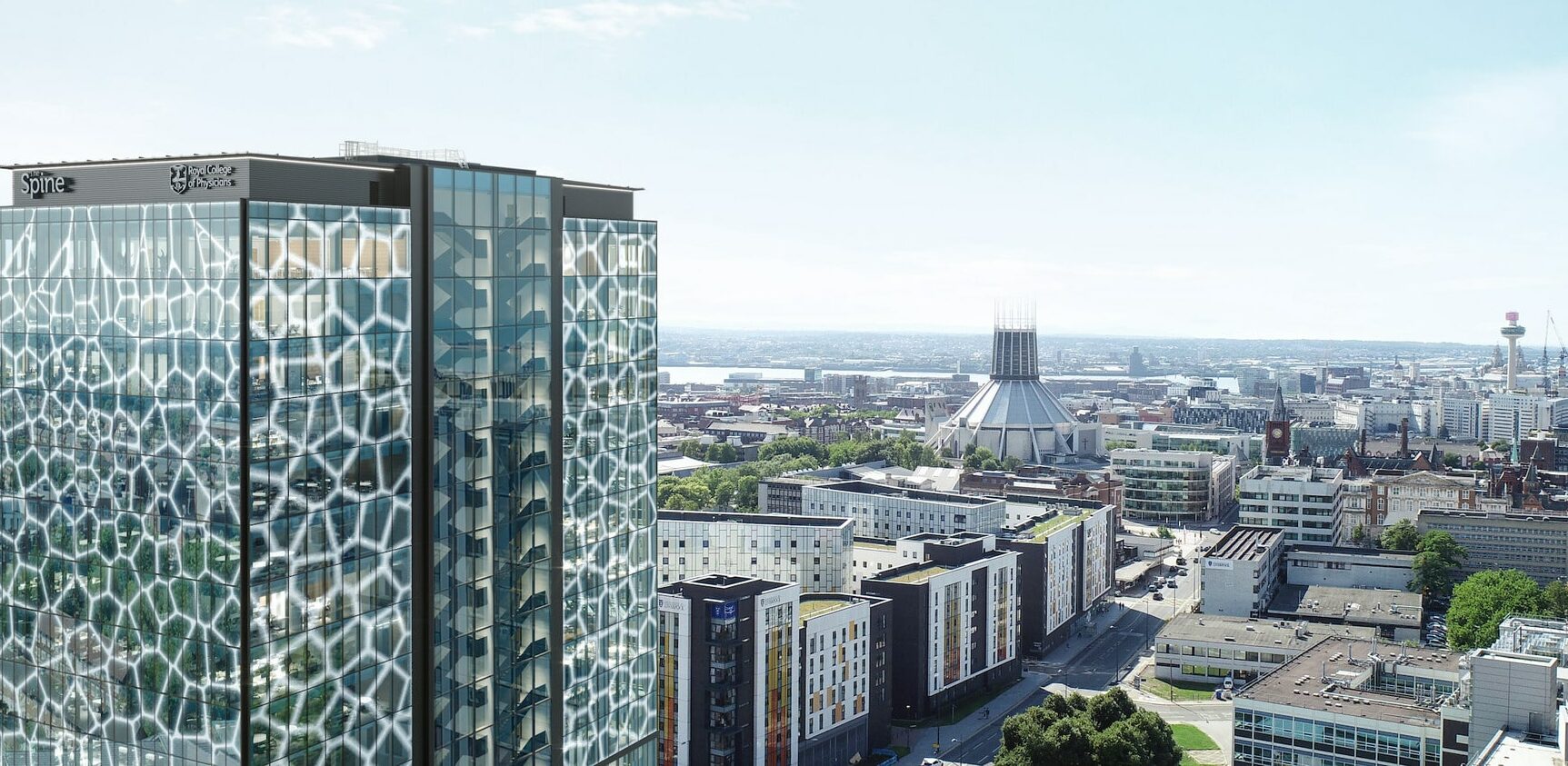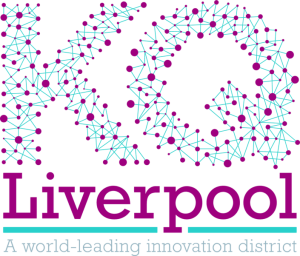I once read that “every skill you acquire doubles your chances of success” and, while that may not be entirely factually correct, I do believe it cuts to the heart of why skills engagement is so important.
The more skills we have at our disposal, the greater the odds that those skills become useful and set us on the right path. In the context of KQ Liverpool’s approach to skills engagement, we can be certain that the greater knowledge a person has about something, the more it becomes demystified, and the choices they make become more informed.
When young people are looking ahead and trying to figure out what they want to do with their future lives, it’s impossible to have too much information to hand. The broader the horizon, the better, and understanding the opportunities available in their own City Region is a great starting point.
Fuelling the innovators of tomorrow
KQ Liverpool is an innovation district that’s home to some of the world’s most influential players in science, health, technology, culture and education, underlining the Liverpool City Region’s strengths in health and life sciences, infection control, materials chemistry and AI solutions and emerging technologies.
We have global leaders in various sectors and an array of talent that we can be proud of. They are also the bedrock of our future social and economic prosperity, which is reflected in the LCR’s Investment Zone plans, so it’s crucial that we maximise the potential they can offer.
Within our placemaking agenda, we believe the new discoveries made here and the jobs and opportunities they create should benefit the wider City Region community, which is why we have placed skills engagement at the heart of our work.
This involves close collaboration with local schools and colleges, as well as our many partner institutions and businesses within KQ Liverpool to create a confluence where ambition, innovation and education come together.
We work closely with the LCR Careers Hub to benchmark against the relevant Gatsby markers and give schools a better understanding of the impact. We have also created a KQ Liverpool schools prospectus to break down the barriers to innovation and make it relatable and understandable with a simpler vocabulary and a focus on skills and career opportunities.
Doorstep delivery
A key part of our skills engagement work is the Future Innovators Programme, where Sixth Formers from across the Liverpool City Region are invited to take part in an activities tour around a handful of KQ Liverpool innovation sites. They receive first-hand insight into the pioneering work taking place on their doorstep, such as venom extraction at LSTM’s Snakebite Research Centre or digital robotics at the Manufacturing Technology Centre in Liverpool Science Park.
To name but a few, other industry partners in the programme include the Astrophysics team at Liverpool John Moores University, the Digital Innovation Facility at the University of Liverpool, Royal College of Physicians, Infection Innovation Consortium, Elida Beauty Products (part of Unilever) and gaming developer Draw & Code, demonstrating the depth of insight students can access.
It’s rewarding to see students enjoy the activities and want to know more about the career pathways that may exist. We also enjoy receiving positive feedback from teaching staff and helping them to arrange work experience placements further down the line.
Another great measure of our skills programme is the willingness of so many expert partners to take part. They understand the importance of skills engagement as keenly as we do and they see the value of engaging with young people and collaborating to develop new talent.
Making an early start
We believe it’s never too early to engage with children about skills, so we’ve developed a brand new illustrated children’s book – The Animates : Learning in Liverpool – which follows a team of seven animal inventors who crash land in KQ Liverpool and embark on a madcap tour of its various organisations to find the innovations needed to get them home.
Our ambition was to create a unique, enduring platform to introduce primary school aged children to the concept of innovation. At the heart of the story is a question about the qualities that make an inventor and how to bring your ideas to life.
We want to have a copy in every primary school classroom in the Liverpool City Region by the end of this year. It will be accompanied by a detailed lesson plan and the KQ Liverpool team is working with teachers to help them expand on the material in classrooms.
Connecting skills to business
Skills are crucial, but it’s also important to understand where they can take us.
Our inaugural Careers Insight Week brought together pupils from sixteen different LCR schools for a series of events, delivered in partnership with LCR Careers Hub and funded by the Careers and Enterprise Company.
It culminated in an event for more than 100 Year 7 to 9 pupils at The Spine, where pupils heard from a panel of innovation industry experts and were then tasked with creating a new cosmetic product for teenagers and presenting their ideas in a ‘Perfect Pitch’ exercise.
Each team had to consider aspects such as product name, advertising slogan, ingredients, target market and unique selling points. This was accompanied by worksheets outlining the different skills applicable to jobs in these fields, the entry routes and the potential salaries that can be achieved. It was fascinating to see the differing approaches taken by each group and witness their passions for different elements of the process.
Unlimited ambition
An innovation district like ours, rich in diversity of skills and applications, offers a fertile ground for young people of all backgrounds to harness their interests, sharpen their skills and broaden their horizons. By making it more accessible, the entire City Region stands to benefit for generations to come.
There is still so much more we can do and we have unlimited ambitions. If your organisation is able to welcome work experience or internship candidates or join our Future Innovators tour schedules, please get in touch. Equally, if you are able to support our funding efforts to print and distribute the Animates book, that would be a huge boost for us and a great way for you to get involved in this vital topic.
If you can help in any way, no matter how big or small, we would love to hear from you.


